Description
20 years ago the world went quiet. Father is suspended between the living world and the lost, he saw the end and he can’t let it go.
Finn was a child when it collapsed. He’s the young green vines growing up through the ribcage of a lost civilisation.
It’s 2053, Father and Finn live alone in a remote valley in Tasmania. Everything is about to change.
A story of survival, of being lost and finding ourselves again, and the love between a father and son.
ISBN: 978-0-6455142-0-9
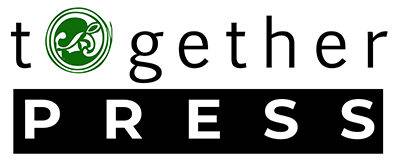
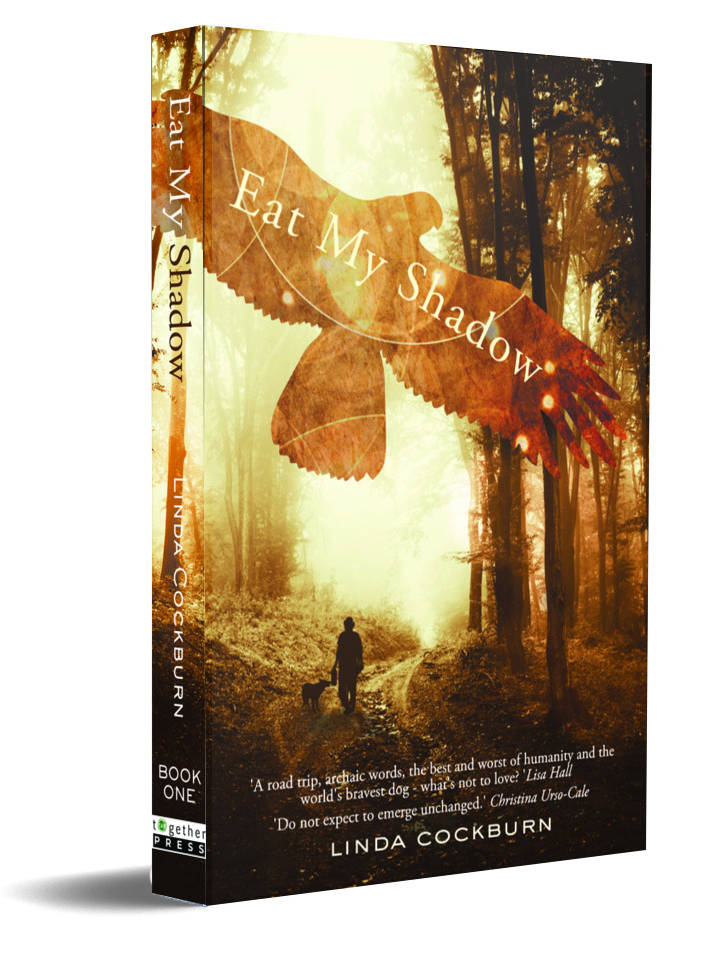
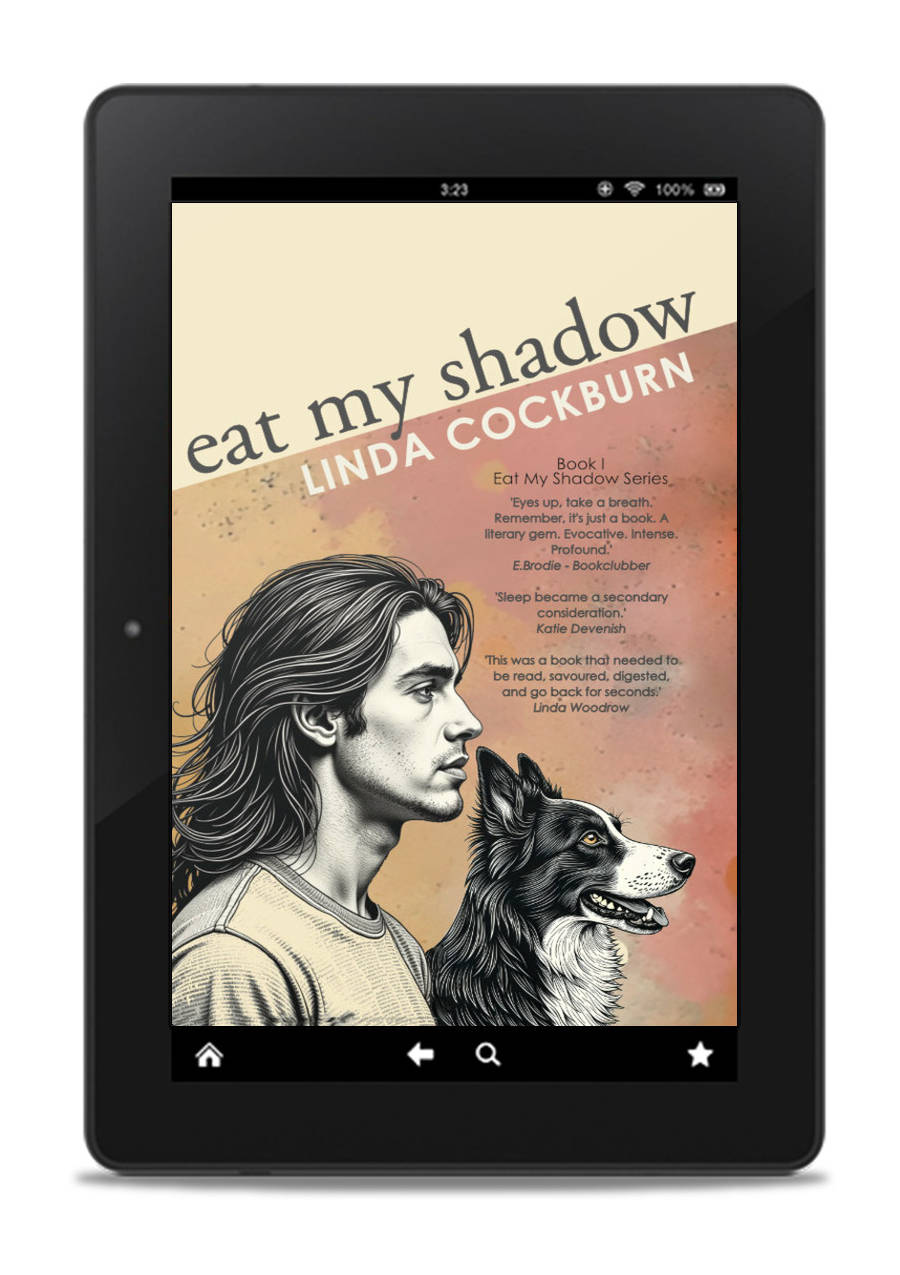

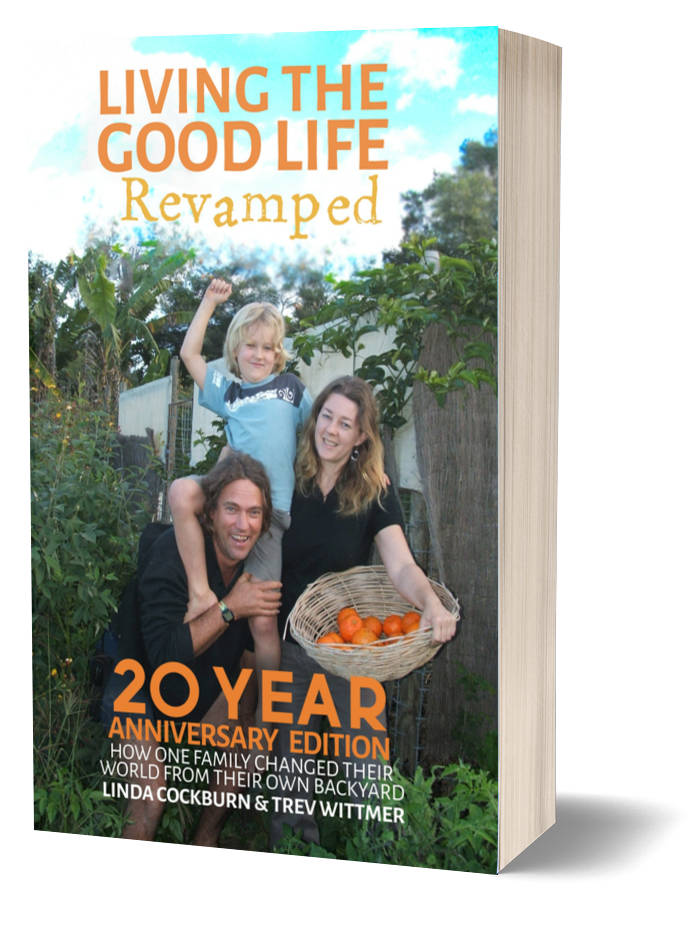
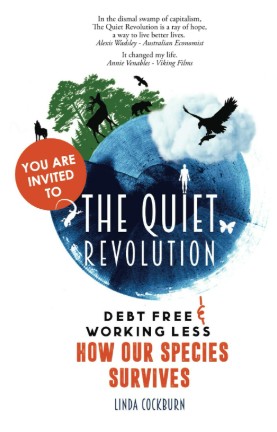
Katie Devenish –
Sleep became a secondary consideration after starting this book!
I could not put it down. I read through the night. I read during every break at work. I willed my children to sleep so that I could continue on the journey.
This book absorbed me, pulled me deep into the story of Tasmania after ‘the collapse’.
I have thought of Finn and his adventures ever since. Wondering, what happened next?! How do the lives of the characters play out into the future?!
Eagerly awaiting the next instalment.
Highly recommend.. but be prepared for some serious sleep deprivation!
Katie Devenish
Christina –
This is an epic and beautiful post-civilisation tale set in the far reaches of southern Tasmania. It is a deeply touching, and often painful look at the kind of world we are bequeathing to our descendants.
Finn, Father and Artemis will seep deep into your bones, crawl into a special place in your heart, and take up eager residence there. The book becomes unputdownable as this coming-of-age adventure gets rolling, and you will be bargaining your sleep for ‘just one more chapter’…
This is a tale of hope weaved from the threads of despair, and a clarion call for humanity to wake up to itself. Do not expect to emerge unchanged.
Highly recommended.
Celia Leverton –
I just loved Eat My Shadow. Set in Tasmania, post the collapse of civilisation as we know it. Strongly realistic, sobering and a serious wake up call to take action to avoid this scenario. Yet it was not without hope. The storyline had unexpected twists and the complex characters are deeply in me. They will stay with me for a long time. The word magic Linda wove had me rereading paragraphs just to savour the picture she painted. I can’t wait for the sequel.
Neale –
I love dystopic future novels. With this novel, mankind’s downfall is euphemistically referred to as “The Slope”. The point in time when the global economy and the environment both finally collapsed. Not one reason, but a myriad blamed. Global warming, mining, poisoning and destruction of our environment and ecosystem, a virulent strain of virus. Different reasons, but all attributable to us as a species, and all a realistic possibility.
I also love novels with filial relationships. A strong bond between parent and child. With this book it is the connection between Finn and his father. Finn is 22, his mother died when he was 6.
They both live in the Huon valley of Tasmania and Finn has decided to travel on his own to Hobart with his dog Artemis for a look. The Slope happened while Finn was a boy. He has never left their home, his knowledge gleaned from literary classics and how-to books. He is bitter about all the things he has missed out on with the end of the world as we know it. However, it’s a dangerous journey that he may not return from.
The novel follows Finn’s adventures on his trip, while also following his father’s thoughts back home, wondering if he will ever see his son again. Remembering their last 22 years together, not sure what he will do if Finn never returns.
The perspective shifts back and forth between Finn and his father and the narrative is not linear. There is a time difference between the two, structured to keep the reader guessing about both character’s survival.
This structure works well with the father’s chapters also providing integral information of their past.
A most enjoyable read.
Linda McCutcheon –
“My job’s been to stand between you and the sun for years now…I guess you’ve grown up in my shadow.”
The climate dystopian, coming of age novel Eat My Shadow by Australian author Linda Cockburn is hypnotic alluring literary fiction.
In 2053 civilization has destroyed itself. How? Why? We already know the answer with our abuse of the planet. Finn at 22 has no memory of a modern electronic world. His Father is living a life of survival while dwelling in despair over not doing better to save the Earth for his son. Finn decides to venture out of their isolated world to see if there is more of…well everything. More land, more sky, more people. While he is gone his Father dwells on all he’s lost, hoping Finn is not lost to him too.
This extraordinary brilliantly written book uses words like colors on a paint brush to give us a vivid picture of a desolate world, a man who feels the loss with every fiber of his being and a young man looking for the warmth of the sun on his face and hope in his heart that there is more out there for life. Oh, and you meet a very brave dog that will own your soul.
I received a free copy of this book from the author for a fair and honest review. All opinions are my own.
Laura Blake –
I loved the characters in this book, the use of lost language/words, the descriptions were so visual I could see a movie playing in my mind, whilst reading.
With a hint of Lord of the Flies at the time, this book, made me think about the future and the world we live in currently.
Highly recommend and can not wait for the sequel.
David Thomas –
If this doesn’t make you cry I’ll paypal you $10.
Cate –
Every word has a purpose in the story; it’s like a beautiful poem with such sincere meaning and hope. I loved this book, and while the reality is so far from now, it’s ever-present if we don’t change our ways—an excellent insight into how things could change. Easy to read, beautiful story!
Norah Coleman from Goodreads –
Against a faintly familiar Tasmanian backdrop, Eat My Shadow is a thought-provoking YA novel set in a not-too-far distant dismal future created by our narcissistic generations with our over-consumption and complete disregard for the environment and each other. Life in this future is not only off the grid, but devoid of a grid at all. All our modern conveniences are simply history, held in the memories and told in the stories of those who lived when there were televisions, microwaves, cameras, mobile phones, when money had a value.
It is a bleak picture of where we might be, according to the author, if we don’t change our ways. At the conclusion of the novel, Cockburn warns us that, while the characters in this book are fiction “there are billions of stories on the brink of being told. We may not know the people—we likely never will—but right now, we’re dictating their stories and ours.” She encourages (or warns) us with the words “This is our chance to be brave and tell a different one.”
The story is a hero’s journey about a young man who, having spent most of his life in the company of only his father in a remote location in the Huon Valley, decides to venture out and see the Hobart that is believed to be no longer there. As with any adventure, there are challenges and successes, fears and relief, good people and bad. Humans are seen at their best and their worst with some willing to destroy others to satisfy their own needs, while others establish new communities with new ways of living and new ‘rules’ for survival.
The story is told by both father and son in alternating chapters, each explaining their different views on the world and the influences upon their thinking.
Cockburn was not afraid to use uncommon words and phrases and begins each chapter with a word and its explanation. Other words in the text are asterisked and explained in a glossary at the back. While the book may lack hope for our future, unless we mend our ways, the beautiful and often poetic language and depth of characterisation make it a joy to read. There is hope, at least, for the future of those who survived the slope, as it is called.
Highly recommended.
Ruth G –
Could you do it?
I read this book nearly a year ago now. The story keeps popping back into my head which, to my mind, is a pretty clear indication it was a good read.
It is set in 2053 after the inevitable collapse of modern society due to insatiable greed. On the face of it, it is the story of Finn, a young man who has grown up with no firsthand knowledge of life before the collapse, leaving home and finding himself. This is contrasted with Father who survived through the collapse and laments society not having done more to prevent it.
It is a tale of human spirit and its incredible resilience. An intriguing exploration of the ways humans choose to deal with disaster and its aftermath.
Initially I read it, as I knew it was intended, as a commentary/warning on the way we currently live our lives and the way in which we are destroying that upon which we survive. I’m ashamed to say I couldn’t do it. It cut too deeply and I was forced to read it as written, as a fictional post apocalyptic story. However I can’t stop myself thinking ’could I live like that? Do I (and those nearest and dearest) have the skills to survive when we inevitably do destroy all that we have?’
For me the take home message is that societies rise and fall. We make mistakes, we don’t really learn from the past but by living in harmony with our surroundings and each other we can, as a species, persist and survive. A fascinating read.
WildWoila –
Post-climate apocalypse in Huon Valley & Hobart. Mostly believable (ex-PM was a caricature, and questionable lack of planning for expedition) with survivors being both humane & loving, but also merciless when called for. Unnerving to see local area in this light.
Sascha jones –
I really, really loved this book.
It’s such an important topic and it’s written with hope so you emerge changed and looking at the world differently.
It’s so beautifully written, I devoured it in two days..
I will recommend this book to everyone I know and I will be making steps to masher positive changes in our life.
Everyone should read this book.